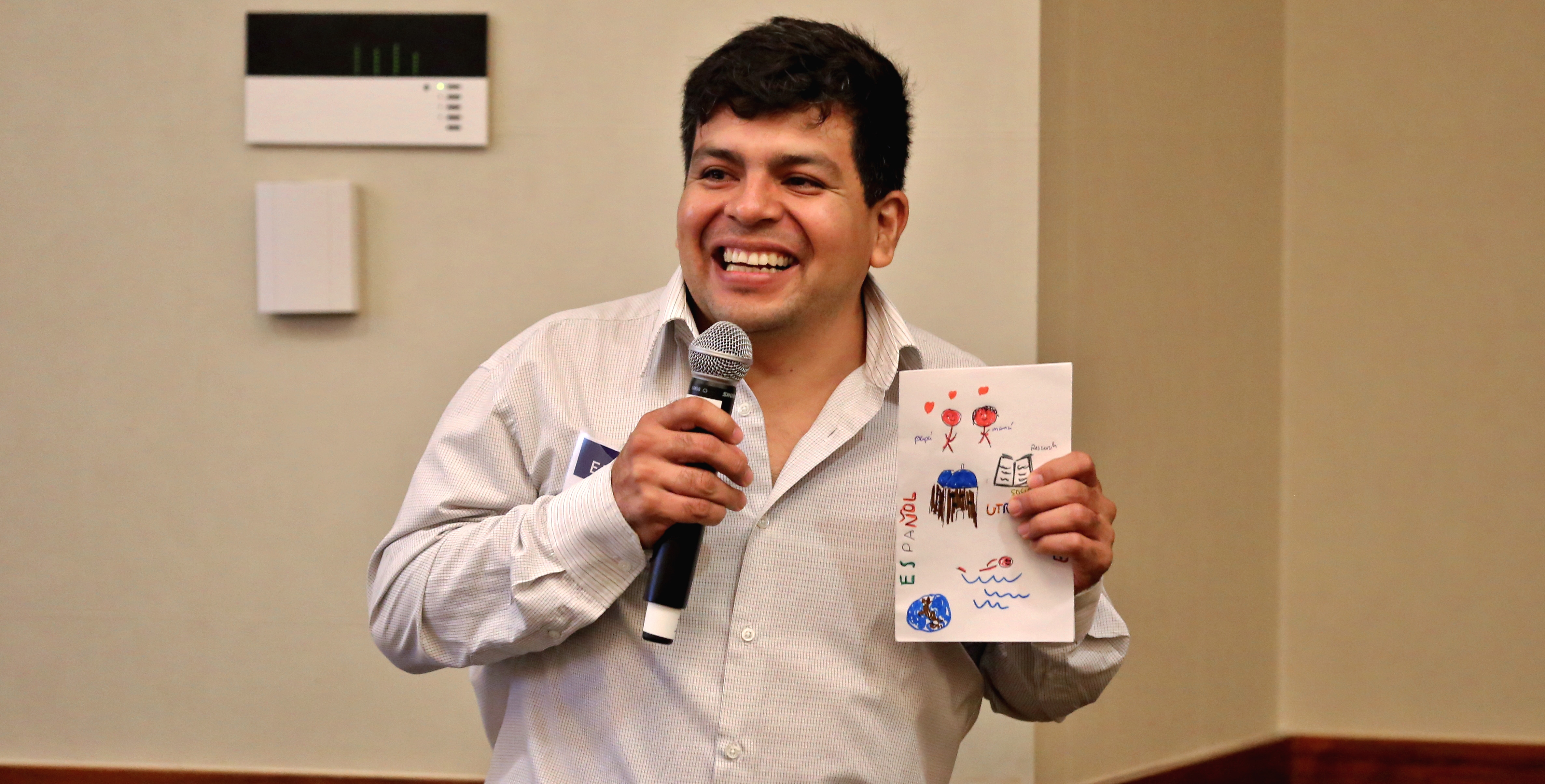The Proctor Institute Releases New Report on Jotería Identity and Consciousness!
FOR IMMEDIATE RELEASE
Contact: Brandy Jones
Telephone: 848-932-0788
Email: brandy.jones@gse.rutgers.edu
New Brunswick, NJ, February 23, 2021— The Samuel DeWitt Proctor Institute for Leadership, Equity, and Justice (Proctor Institute) is proud to announce the release of a new report, “Jotería Identity and Consciousness: Pláticas of Co-Creation with Undergraduate Queer Latinx Students.” This report focuses on how ‘Sense of Belonging’ influences the identity development of queer Latinx students at Predominantly White Institutions (PWIs). The goals for this exploratory work were to conduct a qualitative study to better understand the experiences of queer Latinx students and to engage in transformative research that is not defined by the confines of traditional social science research.
“I hope folx understand that Jotería is more than just a framework or pedagogy to conduct research,” shared Sergio Gonzalez, a Proctor Institute Research Associate and author of the report. “A Jotería Pedagogy is a system of knowing that interrogates whose knowledge and realities are accepted as the foundational base of knowledge, especially within queer studies and higher education.”
Through this exploratory qualitative study, there were three themes that emerged from the pláticas: 1) Do I belong? 2) Radical Queer Love and 3) Critical Consciousness/Jotería Identity. As noted in the report, these themes are cruical to study because homophobia, patriarchy, and White supremacy are deeply embedded in academia and our communities and there is often a lack of literature that speaks to Jotería, queer people of color, and Latinx students. Although Queer Theory claims to include intersectional analysis, Jotería emerges from intersectional analysis. To be ‘queer’ implies difference and separation from the ‘norm’ but Jotería doesn’t begin with the norm and look for difference. It begins with life and looks for possibilities.
“Jotería allows us to change the theoretical and methodological tools associated with research to align with our worldviews as Queer and Trans* People of Color (QTPOC), oftentimes shaped by place, relationships, Black and Brown bodies, sexuality and comunidad to name a few,” shared Sergio Gonzalez.
Terms such as Joto-historia or queer histories are used intentionally to indicate the absence of queer history from traditional academic spaces. Overall, there is a dire need for agency and voice representing QTPOC in academia. This critical research will shed light on how much of what we think we know is incomplete and misleading.
The report can be found here.

